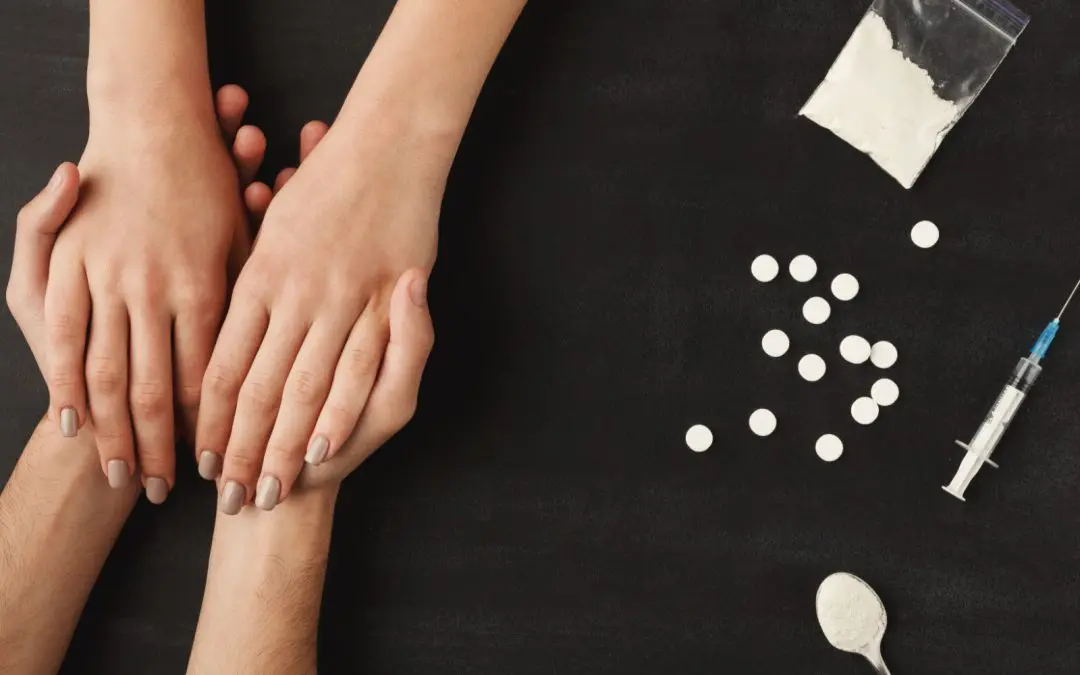24/7 Helpline:
(866) 899-221924/7 Helpline:
(866) 899-2219
Learn more about Depression Treatment centers in Lampasas County

Other Insurance Options

Absolute Total Care

Molina Healthcare

Magellan Health

Optima

ComPsych

Coventry Health Care

Self-pay options

Humana

Providence

UnitedHealth Group

Access to Recovery (ATR) Voucher

Optum

Ambetter

Anthem

Magellan

Sliding scale payment assistance

Lucent

Carleon

State Farm

WellPoint











